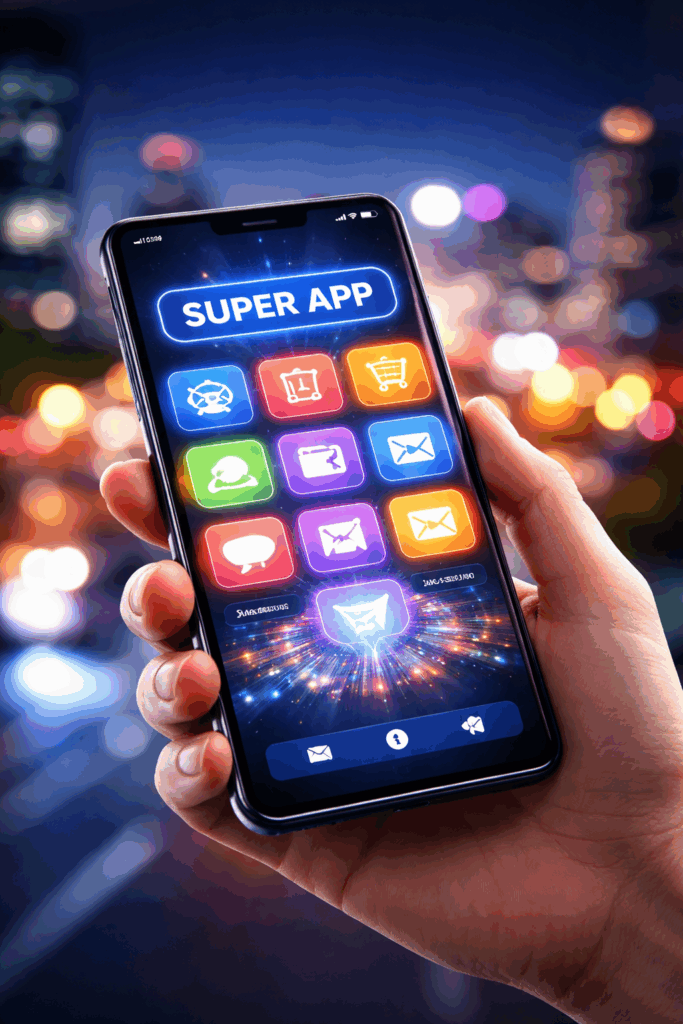
In today’s hyper-connected world, digital security is no longer optional—it is a necessity. Every day, individuals face threats such as identity theft, data breaches, malware, and phishing attacks. Cybercriminals are becoming more sophisticated, which means protecting your personal information and online activity has never been more important. Fortunately, cybersecurity apps are evolving rapidly, giving users powerful tools to safeguard their digital lives.
This article explores the top cybersecurity apps that help individuals secure devices, protect sensitive data, and browse the internet safely.
One of the most effective ways to protect your digital identity is by using a Virtual Private Network (VPN). A VPN app encrypts your internet connection, making it difficult for hackers, advertisers, or even internet service providers to track your activity.
Popular apps like NordVPN, ExpressVPN, and Surfshark provide military-grade encryption and thousands of server locations worldwide. They also help bypass geo-restrictions, which is useful for streaming or accessing blocked websites.
In addition to privacy, VPN apps protect users on public Wi-Fi networks, where cyberattacks are most common. Whether you are traveling, working remotely, or browsing at a coffee shop, a reliable VPN ensures your data remains safe.
Weak or reused passwords remain one of the biggest cybersecurity risks. Cybercriminals exploit this weakness to hack accounts and steal sensitive information. That’s where password manager apps come in.
Apps like LastPass, 1Password, and Dashlane generate strong, unique passwords for each account and store them securely in an encrypted vault. Many password managers also offer two-factor authentication (2FA) and biometric login options for added security.
By using a password manager, you no longer need to remember dozens of complex passwords—just one master password. This reduces human error and significantly strengthens online security.
Even in 2025, antivirus apps remain critical for protecting devices from malicious software. Modern antivirus apps do more than scan for viruses—they also detect ransomware, spyware, and phishing attempts.
Apps like Bitdefender Mobile Security, Norton 360, and Avast Security offer real-time protection and automatic updates against the latest threats. Some even include anti-theft tools for smartphones, allowing users to remotely lock or wipe stolen devices.
By running quietly in the background, these apps provide peace of mind without slowing down device performance. For both personal and professional use, antivirus apps are an essential layer of defense.
Communication is another vulnerable area in digital security. Traditional messaging apps often store conversations on servers, leaving them exposed to potential breaches. Encrypted messaging apps solve this issue by offering end-to-end encryption.
Apps like Signal, Telegram (secret chats), and WhatsApp (with end-to-end encryption enabled) ensure that only the sender and recipient can read the messages. These apps also prevent screenshots, limit message forwarding, and allow for disappearing messages.
For professionals, apps like ProtonMail offer encrypted email services, ensuring that sensitive information remains private.
Passwords alone are no longer enough to secure digital accounts. Multi-factor authentication (MFA) apps add an extra layer of security by requiring a second form of verification.
Apps like Google Authenticator, Authy, and Microsoft Authenticator generate time-sensitive codes that users must enter along with their passwords. Even if a hacker manages to steal a password, they cannot access the account without the second factor.
Some authentication apps also support push notifications, making it even easier to verify logins securely. MFA apps are essential for protecting online banking, email, and social media accounts.
Cybersecurity threats are growing more advanced every day, but so are the tools to combat them. By adopting the right cybersecurity apps, individuals can greatly reduce the risk of data breaches, identity theft, and online fraud.
From VPNs and password managers to antivirus software and secure messaging, each app plays a vital role in protecting different aspects of digital life. The best strategy is to combine multiple layers of defense, ensuring that even if one line is compromised, others remain intact.
As cybercrime continues to evolve, staying informed and using the latest security tools is the best way to protect your digital identity. By investing in these apps, you’re not just protecting data—you’re safeguarding your privacy, reputation, and peace of mind.